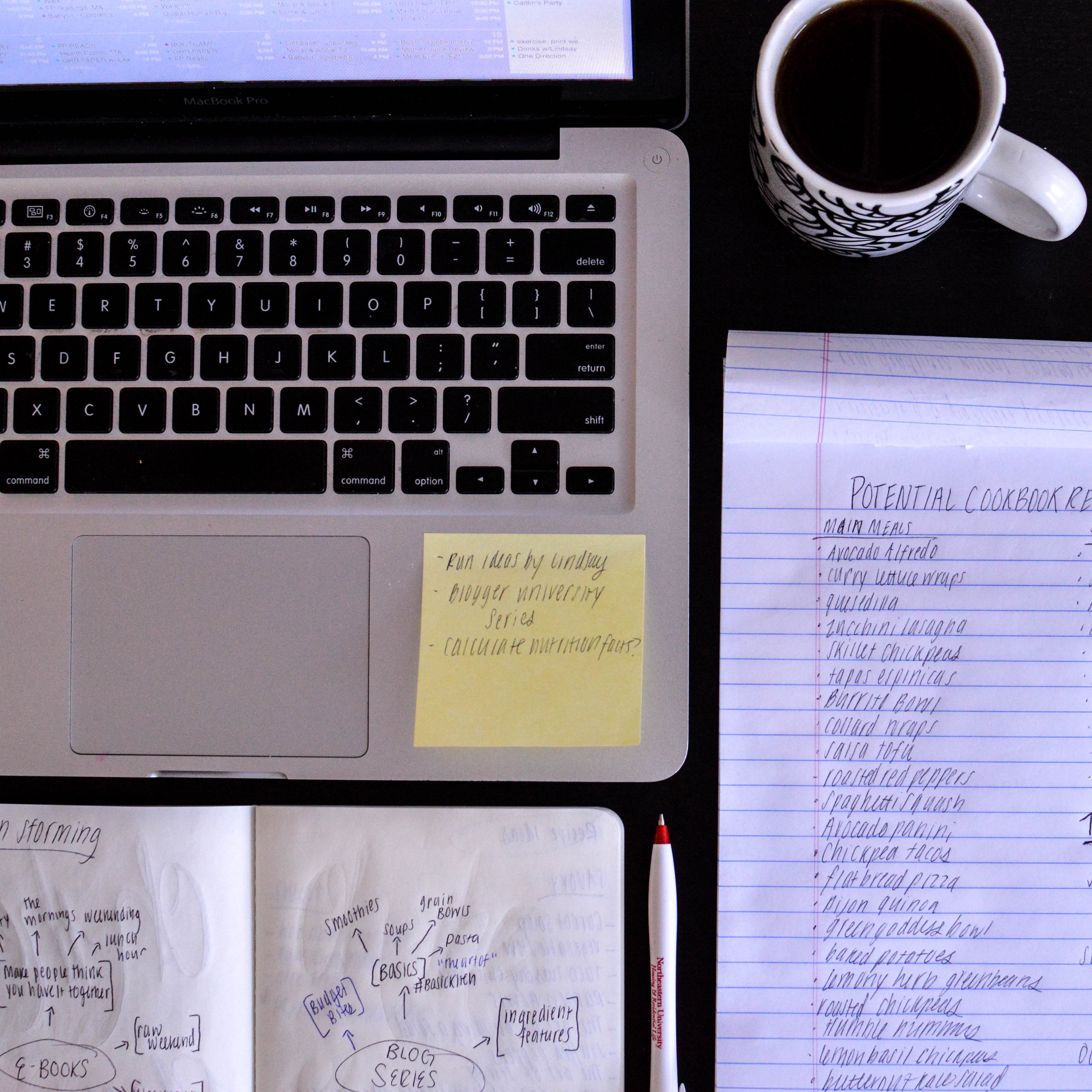While I was on my second co-op, I had an idea.
I should publish a cookbook, I said. I can work in the evenings, I said. It will be fun, I said.
Then after work I would fight crowds on the T, go to yoga, make dinner, turn on Netflix, and more often than not, doze off on the couch. I was exhausted, and my idea faded.
There is never a perfect time to work on a passion project. This is something you want to accomplish on your own time, which classes, work, family and friends already compete for. But passion projects are extremely important. Personally, they give you a sense of accomplishment and fulfillment. Professionally, they set you apart and highlight your personality.
You may want to learn Spanish, run a half-marathon, make jewelry, or write a collection of short stories. I wanted to publish a cookbook. And nearly two years after that idea, I tried again. But this time I pulled it off.
Make plans, back-up plans, and back-ups for your back-ups.
The secret sauce to these projects is in the planning. You know yourself the best. Set up a system that won’t let future-lazy-you fail. Take some time when you’re feeling really inspired to lay everything out. And I mean everything.
Create a detailed to-do list and timeline for your project. Make manageable goals that are easy to check in on along the way. Set a relatively short deadline (no longer than three months) to create a sense of urgency.
Speaking of urgency, I like to set deadlines that I can’t get out of to really kick myself into high gear. When I created my eBook, I signed up for a 30-day free trial of Adobe InDesign. I had to finish in 30 days or I would pay, literally.

Find your invention factory.
Thomas Edison found out that by working in a group of people with diverse backgrounds, more could get done faster. He called them invention factories. (He invented the light bulb this way, so I would trust him on this.)
By showing your project to friends, professors or coworkers, you can get valuable perspective. If your project is public facing (like a book) it is especially important to get as many people to look at it as possible. Just make sure everyone in your invention factory gives real constructive criticism. If they’ll be too nice (or too mean) that’s not helping anybody.
Make your first step meaningful.
Once you have your plan, you need to take a real first step. You’ll know it’s real if it makes you nervous. Buy the supplies you need, find a mentor, register for a race—it should be something that’s not easy to back out of, so you can start holding yourself accountable.
The greatest risk to all passion projects is losing your motivation before you can even get started.
I finally made my cookbook because on September 1st I announced on my blog that I would publish it one month later on October 1st. Suddenly it was a priority, it was real, and I had all of the motivation I had lacked two years before.
